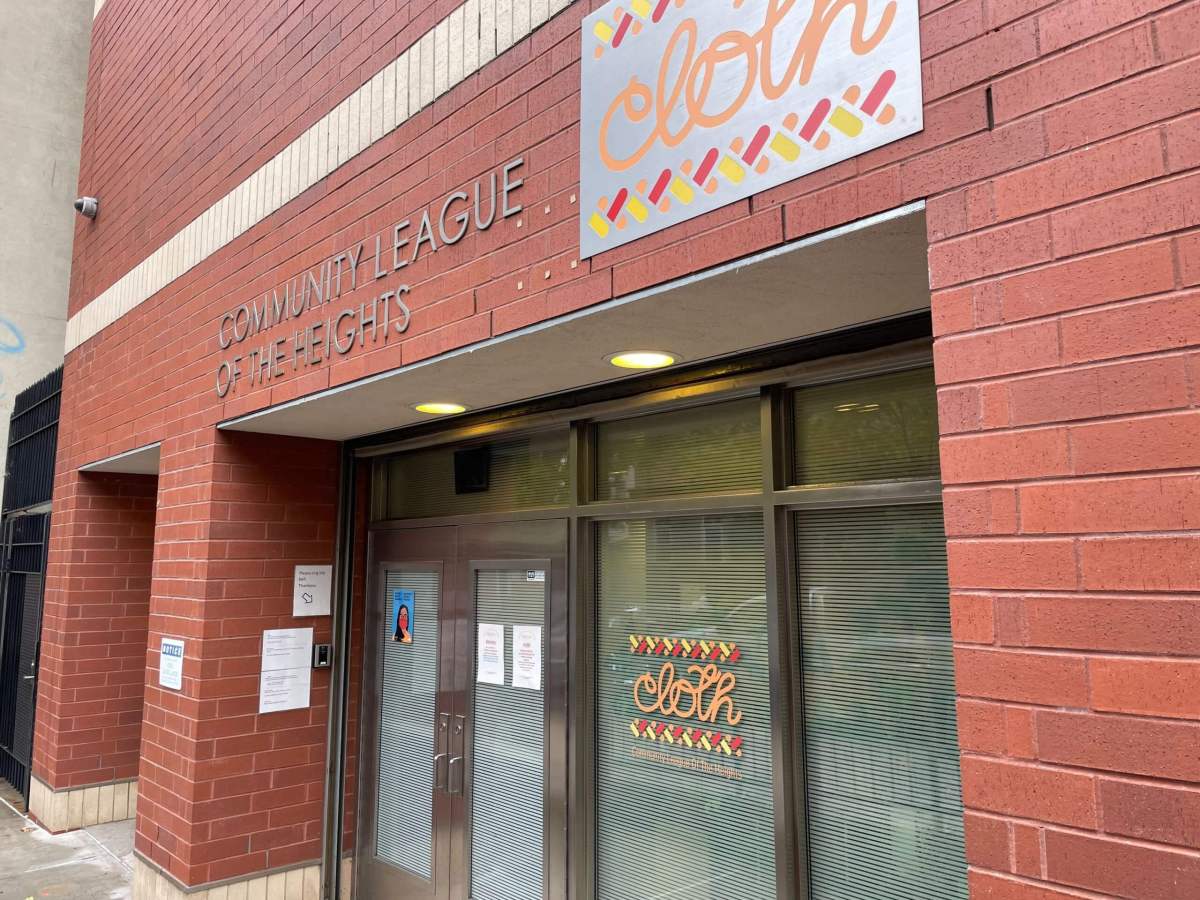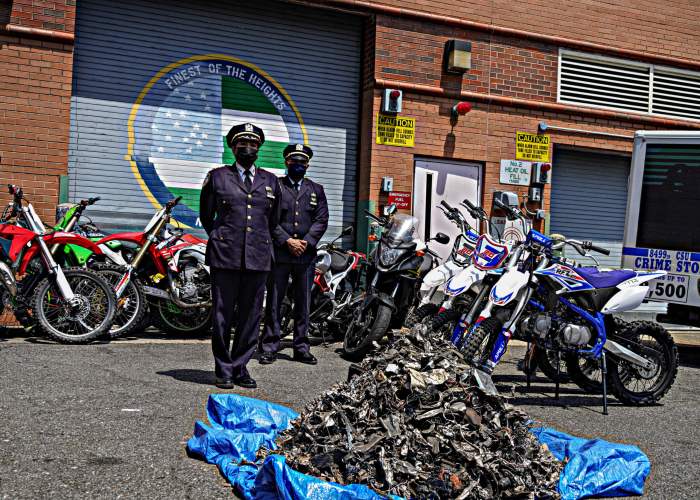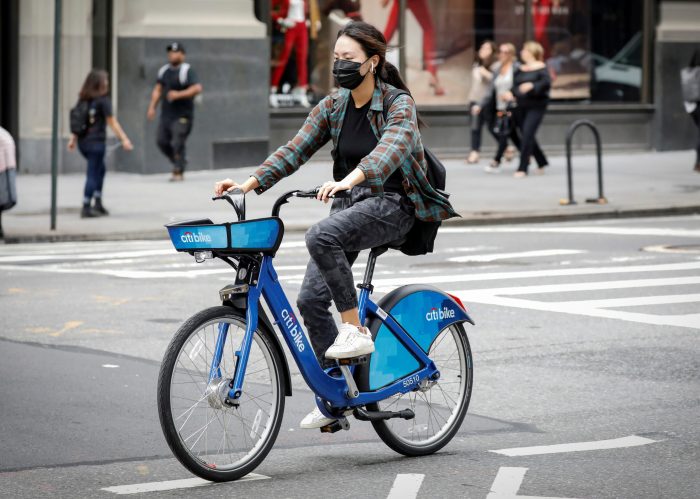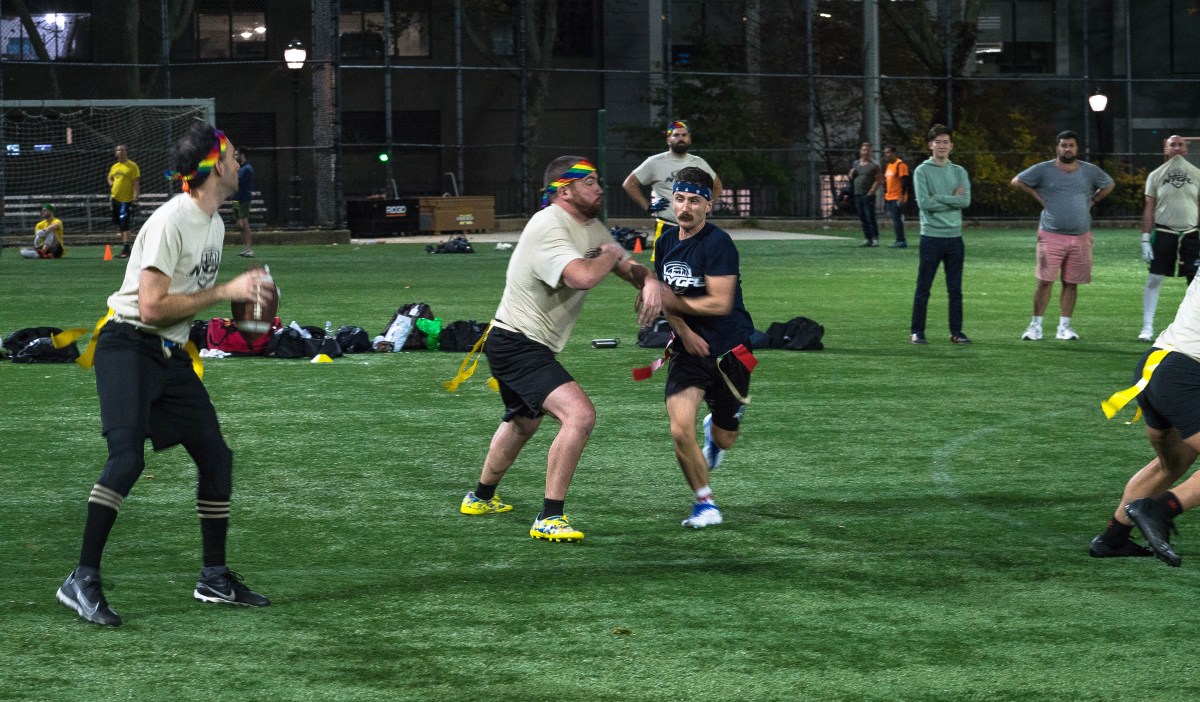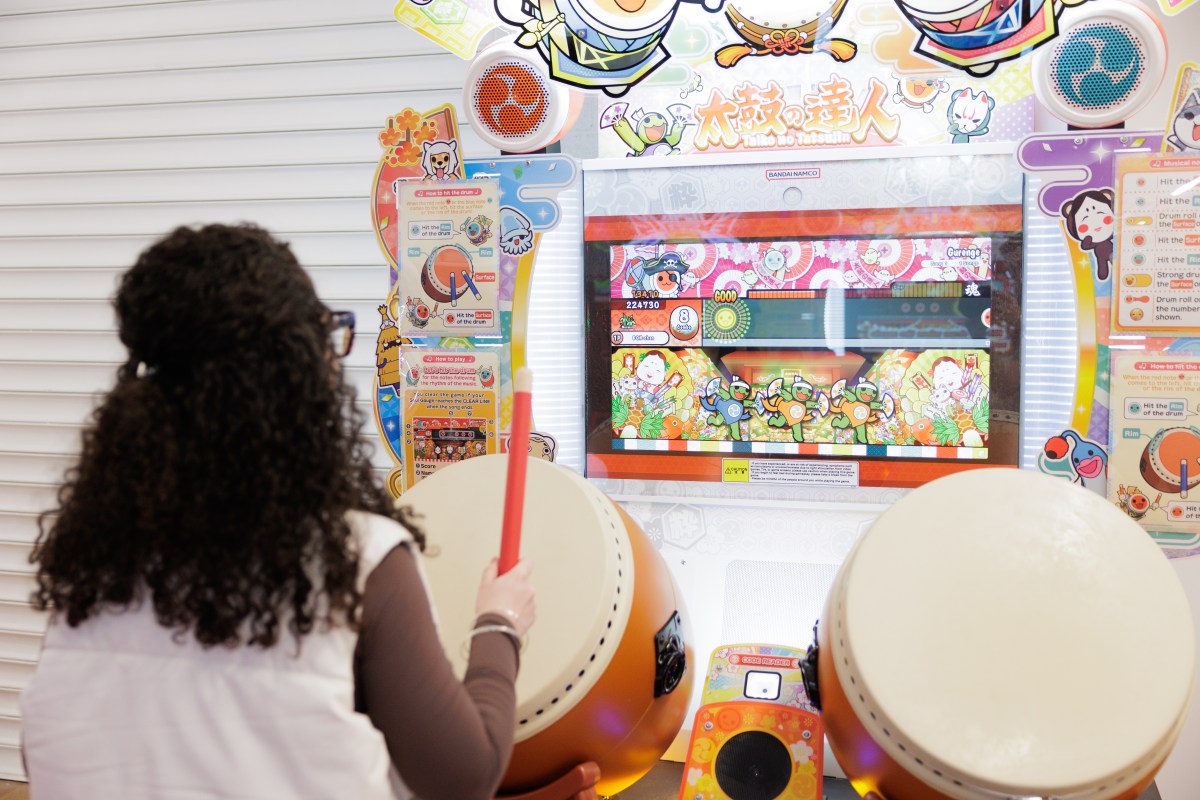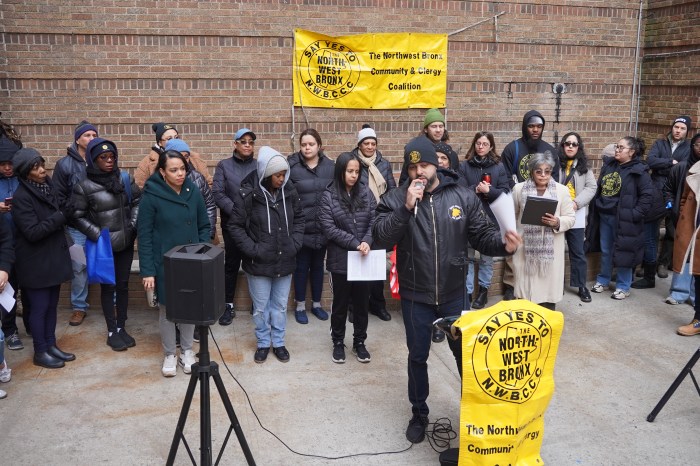A community-based organization situation in Washington Heights has been serving the neighborhood (and its surrounding communities) for 70 years.
The Community League of the Heights (CLOTH) was founded in 1952 by Lucille Bulger, who was a strong advocate for education and the welfare of children. The organization originally started with after-school and beautification programs and eventually opened a food pantry in the 1980s, which has fed thousands of families across the city since its opening.
Today, CLOTH has helped bring over 3,000 units of affordable housing (1,000 of which are still on their roster) and the organization runs a middle and high school called the Community Health Academy of the Heights (CHAH), offers ESL classes and other job training classes for adults, and assists small businesses.
Currently, Yvonne Stennett holds runs the organization as Executive Director, overseeing all of the work that CLOTH does. She has been with the organization in some capacity since 1979, so she has seen firsthand how much CLOTH has evolved over time.
“I’ve been here quite some time but long enough to see leadership change at the city level, state level, federal level. Long enough to see demographics change,” said Stennett. “Interestingly enough, we’re human beings and our needs are basically the same in terms of shelter, food, health, education. We’ve always had this holistic approach at looking at children and how they grow into adults, so our services have always covered that gamut.”
Over the course of the pandemic, CLOTH remained open and continued to serve the community. In addition to maintaining their housing units and keeping them sanitary, the organization upped the food pantry schedule from two days a week to four days a week, serving blocks of people meals when shutdowns began.
“We never closed during the pandemic, we couldn’t. There was just no way for us not to be here. We took our chances, and went out there and served the people,” said Stennett. “Just the desperate need people had at that time — supermarkets were closed, even bodegas were closed. We served over 200,000 food packages from March 2020 to December 2020. We immediately began opening it up to serve four days a week and used the other two days for deliveries. It was just a continual line of people.”
Though stores have opened back up and the community stopped relying as heavily on the food pantry as the pandemic years roll on, Stennett says that they are starting to see a new uptick in food pantry use this year.
“It’s ramping up again because people lost their jobs, the economy is not that great, the prices are going ridiculous,” said Stennett. “There has been a lot of dependency on some of our other services.”
Though CLOTH remained open, Stennett notes that a lot of the services they provided during the pandemic were similar to what they were already doing, they just had to bring it to the next level.
“We doubled down during the pandemic because we had to and had to make ourselves more visible,” said Stennett. “The first couple of days was getting adjusted to this onslaught of the need for services. We had to make some serious adjustments as to how we see the world, but the beauty of it all was the needs were what we were addressing anyway, but with a little bit more stress, how do you address it in the cover of COVID?”
Giving back to kids during the pandemic
CLOTH’s CHAH school has always been connected to its students. The school has been consistently above the city’s graduation rate for the past four years and boasts a 97% college acceptance rate. Students who have graduated often come back to the school and act as mentors for the younger students.
Stennett knows how crucial it is for kids in this age group to build community with each other.
“It’s not just about kids being in the school building, it’s them in their homes, traversing to the school building,” said Stennett. “Whatever is happening in the neighborhood and how it affects their lives it was really important that we figure out how do we support them in all of that, how do we support them and their needs, how do we make sure their social life and emotional life stays strong during that time.”
At CHAH, the leadership was concerned about how the students were adjusting to life at the beginning of the pandemic.
“Certainly we saw our children in the school start to suffer academically, what can we do to fill the gap being created? What did that mean, we had to keep the doors open to bring in some other support services for them,” said Stennett.
Each leader checked in with the students to make sure they had what they needed, from food to emotional support and everything in between.
“We partnered with a local caterer and developed a program where they would cook whole meals for those families, and the student or a sibling would pick up a brown shopping bag with trays of food. We had parents that were dying, children losing their folks, and then you had multiple children in the home at the same time,” said Stennett. “Sometimes the meal children get at school is their primary meal. It was crucial for us to be in contact with them but tangibly give them something like food and a lifeline of checking on social and emotional being.”
As a result of the pandemic, CLOTH started to look at the emotional and social impact and want as an organization to address their students’ needs as we continue to make our way to the other side of this pandemic.
“We started looking at socio and emotional kind of needs, not just for our students but for families and that’s something that’s really prevalent and over the next couple of years, we’ll see the effects of mental, social and psychological effects of COVID really play itself out, not to mention the physical health,” said Stennett. “We provided what we could. We looked at that as not just supporting the child and those in our students during that time, but also how do we support the rest of the family.”
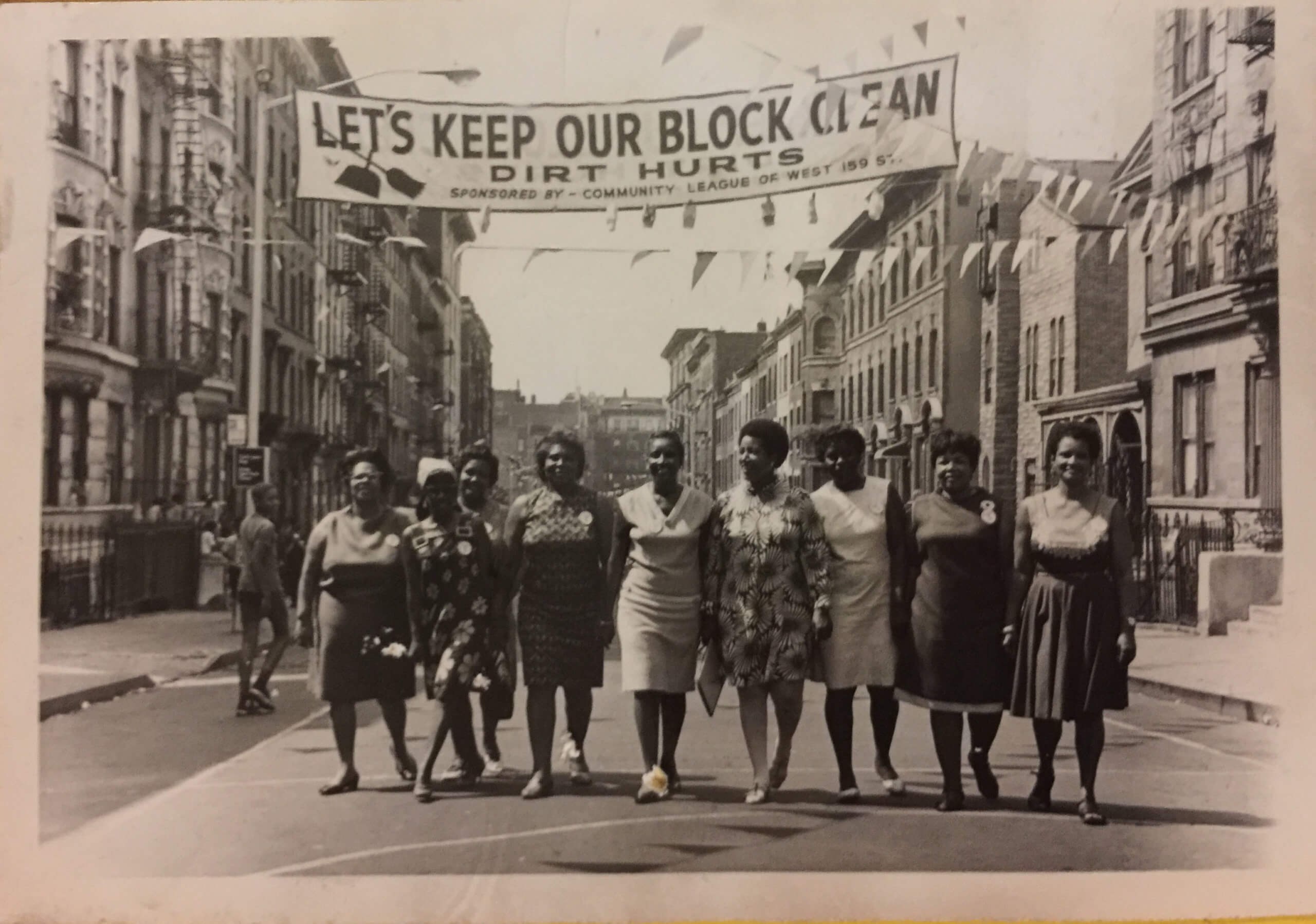
Celebrating 70 years of service
On Oct. 27, CLOTH celebrated 70 years of serving the community with a huge gala at The Low Memorial Library in Columbia University’s Morningside Heights campus. Over 200 civic and business leaders, residents and advocates attended the gala, which boasted the theme “History, Endurance and Resilience.”
Nine strong, determined women across diverse sectors and industries were recognized at the gala in honor of CLOTH’s founder. The gala also celebrated the work that CLOTH has done over the past 70 years and looked to the organization’s commitment for thousands of the most vulnerable New Yorkers across Washington Heights, Inwood, Hamilton Heights and Harlem will persist for the next 70 years.
“The community impact this organization has had on Northern Manhattan over the past 70 years is truly incredible,” said Tristan Nadal, Board Member of CLOTH and Founder of Pointsfive. “In particular, the assistance provided to local residents during the pandemic over the past few years in the form of weekly food, safe healthcare, clean housing, and business assistance has kept many afloat in the most trying times.”
“I am proud to have supported CLOTH over the years to ensure federal funding for its programs to help bolster food pantries, affordable housing, and education programs around the city,” said Congressman Adriano Espaillat (NY-13). “For seventy years, the Community League of the Heights (CLOTH) has served the people of upper Manhattan and changed the lives of so many individuals and families throughout my district. Congratulations on yet another successful year of engagement and I wish you many more decades of service as you continue your work and commitment to our community.”
For Stennett, the fact that CLOTH has been able to serve the community is very humbling, especially considering how much she has seen the organization has grown over the years.
“When you think about how many years and you think we always say we service anywhere to 50 to 100,000 people a year and you think of that times 70, you think, ‘holy crap how beautiful is that,'” said Stennett. “Just that you had the opportunity to impact the lives of and make a difference and change, that’s just mindblowing.”
Stennett hopes the CLOTH can continue to create a lasting impact for the northern Manhattan community and keep the work up for the next 70+ years.
“There is certainly not enough money in the world to fill that feeling, that overwhelming honor just to be able to serve people that way,” said Stennett. “The satisfaction in life comes with the ability to touch other people and we’ve had the opportunity to do that.”
For more information about CLOTH, visit cloth159.org.



